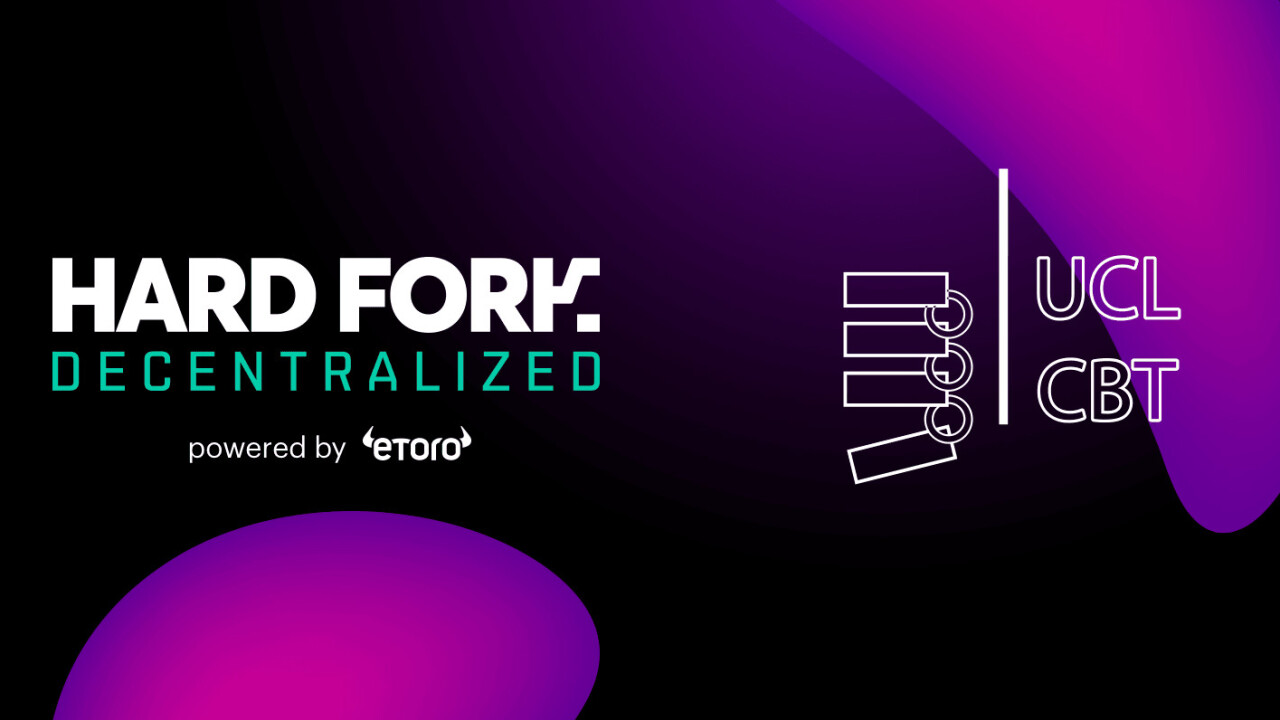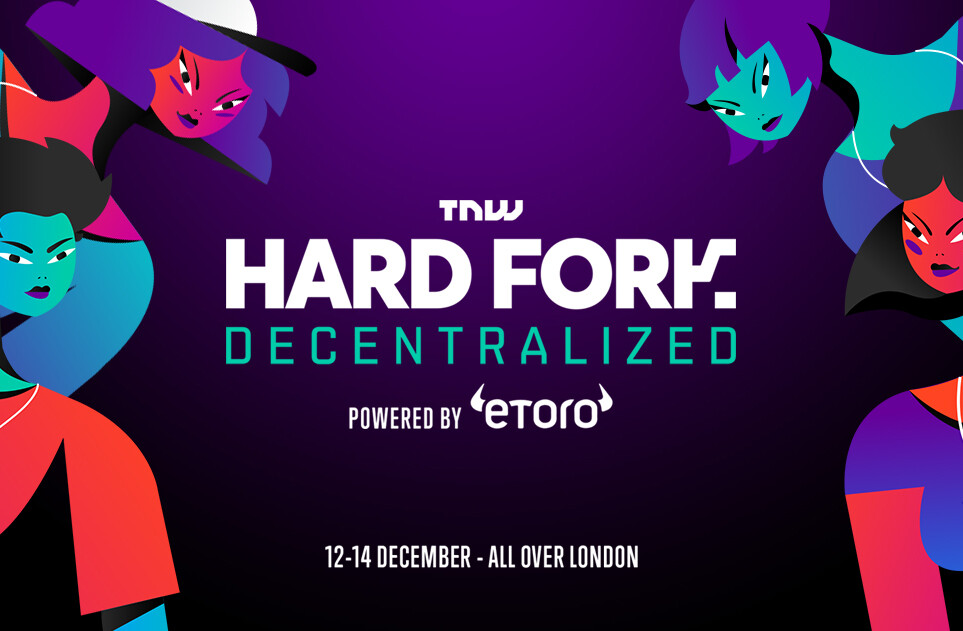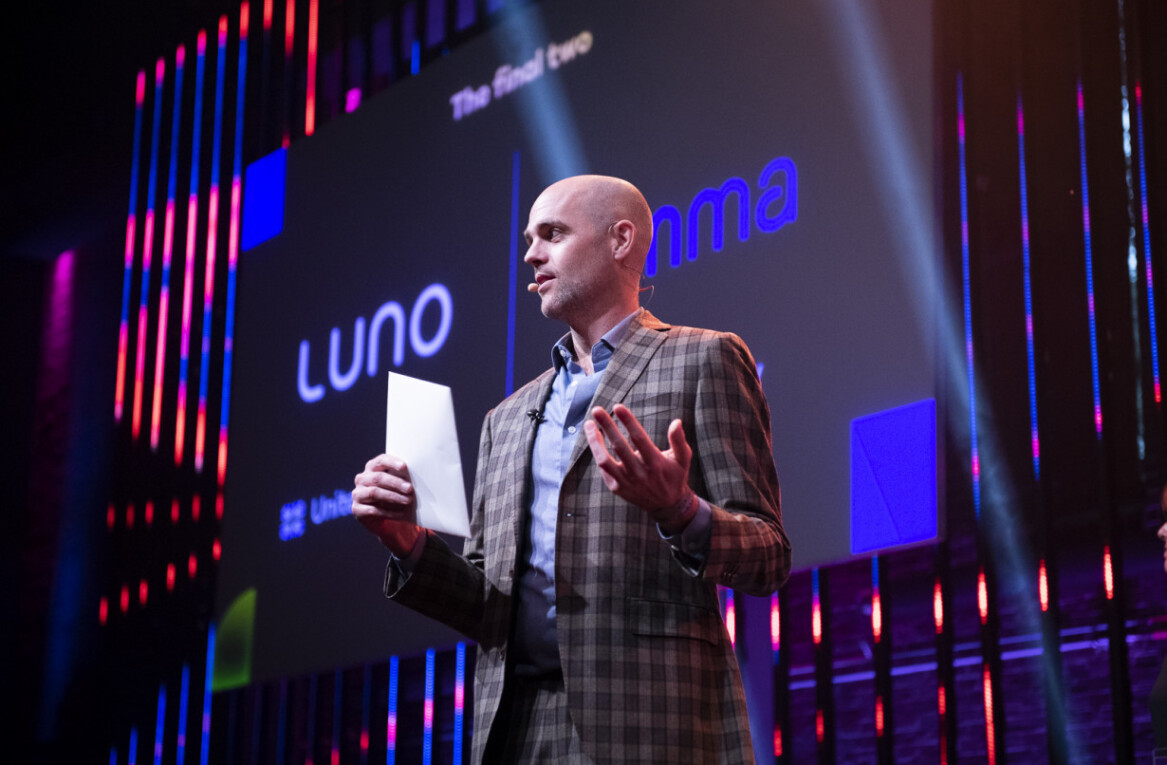
University College London has its own center dedicated to blockchain – it’s called the UCL Centre for Blockchain Technologies (CBT). UCL’s blockchain team will be joining us at our very own Hard Fork Decentralized this week in London. Free sign-ups for their event are now available.
Before their event on December 13, where they’ll discuss decentralized finance, we wanted to learn more about what they do. We sat down and asked them a few questions about the UCL CBT:
What were some of the factors that went into the decision to start the UCL Centre for Blockchain Technologies?
The UCL Centre for Blockchain Technologies was one of the first centers to be set up in 2015. It was created on the back of the realization that in order for the adoption of Distributed Ledger Technologies (DLT) to be fostered into our socio-economic systems, a large coordination effort would be required. This is true not only at the institution level amongst government, academia, and business, but also at the internal level within an organization. Since DLTs require expertise from multiple different subject areas, the Centre was started to create a nucleus for blockchain research at UCL by drawing on the expertise from eight different departments internally.
What is your vision for UCL CBT’s future?
Earlier this year we were selected to be a part of Ripple’s University Blockchain Research Initiative. This has given us the financial resources to expand the scope of the centre. We will be focusing on greater breadth and depth of blockchain research both in socio-economic areas as well as technical development. Furthermore, we are expanding our public engagement, education, and also industry and government engagement. Our goal is to ensure and contribute to the safe and smooth adoption of DLT in our world.
One of the interesting things about blockchain is that it is so interdisciplinary – it literally exists at the intersection of technology, economics, and governance. What’s UCL’s approach to making sure that its students are well-suited to dealing with problems in all of these areas?
We look at DLT from three different perspectives: Business, Technical, and Legal and Regulatory. When doing research and teaching, we explore all of these areas and also the combination of these three. We draw on knowledge from experts in each of these areas to first go deep into each, and then explore the combination of all of them from a more practical perspective, often with the help of industry practitioners. This ensures there is a balance of academic knowledge and practical knowledge from the industry.
What are some of the challenges that arise from having to operate within such diverse areas of expertise?
One of the things we have found in exploring the different parts of the ecosystem is that people can become siloed within their particular areas and fail to look at things from a holistic perspective. For instance, in a survey the UCL CBT conducted on challenges in the market, people looking at DLT from business perspectives felt business challenges were the biggest and most important. People looking at DLT from a legal and regulatory perspective felt legal and regulatory challenges were the biggest and most important. Thus there was a lack of appreciation and perspective on the other areas that are all important for widespread adoption of DLT. When we operate in the ecosystem, we look to balance views by always bringing a wider perspective as DLT is interdisciplinary and wide-ranging.
There’s quite a bit of blockchain misinformation circulating on the web – and it is often being reinforced by influential people in the space. What is UCL doing to counteract the spread of misinformation about blockchain and cryptocurrencies?
Our role is to act as a neutral body that produces research and consultation based on rigorous academic standards and methodologies. The only way we can combat misinformation is by adhering to these standards. Practically this means we don’t get involved in the day to day hype, fads, and issues with DLT. We remain at arm’s length, taking time to look deeply into DLT issues.
There’s also a concerning amount of nepotism and shady business in blockchain. Does UCL take any measures to ensure that academics/scholars in its organisation have no conflicts of interest with regards to the projects they research?
The UCL CBT aims to be a neutral think tank with respect to fostering the adoption of DLT into our socio-economic systems. This means we as an institution don’t get involved with ICOs, where typically the greatest conflicts of interest can arise.
At Hard Fork Decentralized, the UCL CBT will be diving into the topic of decentralized finance. With a fantastic lineup of speakers, it’s an event not to be missed.
If you’d like to join, make sure you sign up right now for a free ticket! We hope to see you in London on December 13 at UCL CBT’s event.
Get the TNW newsletter
Get the most important tech news in your inbox each week.




